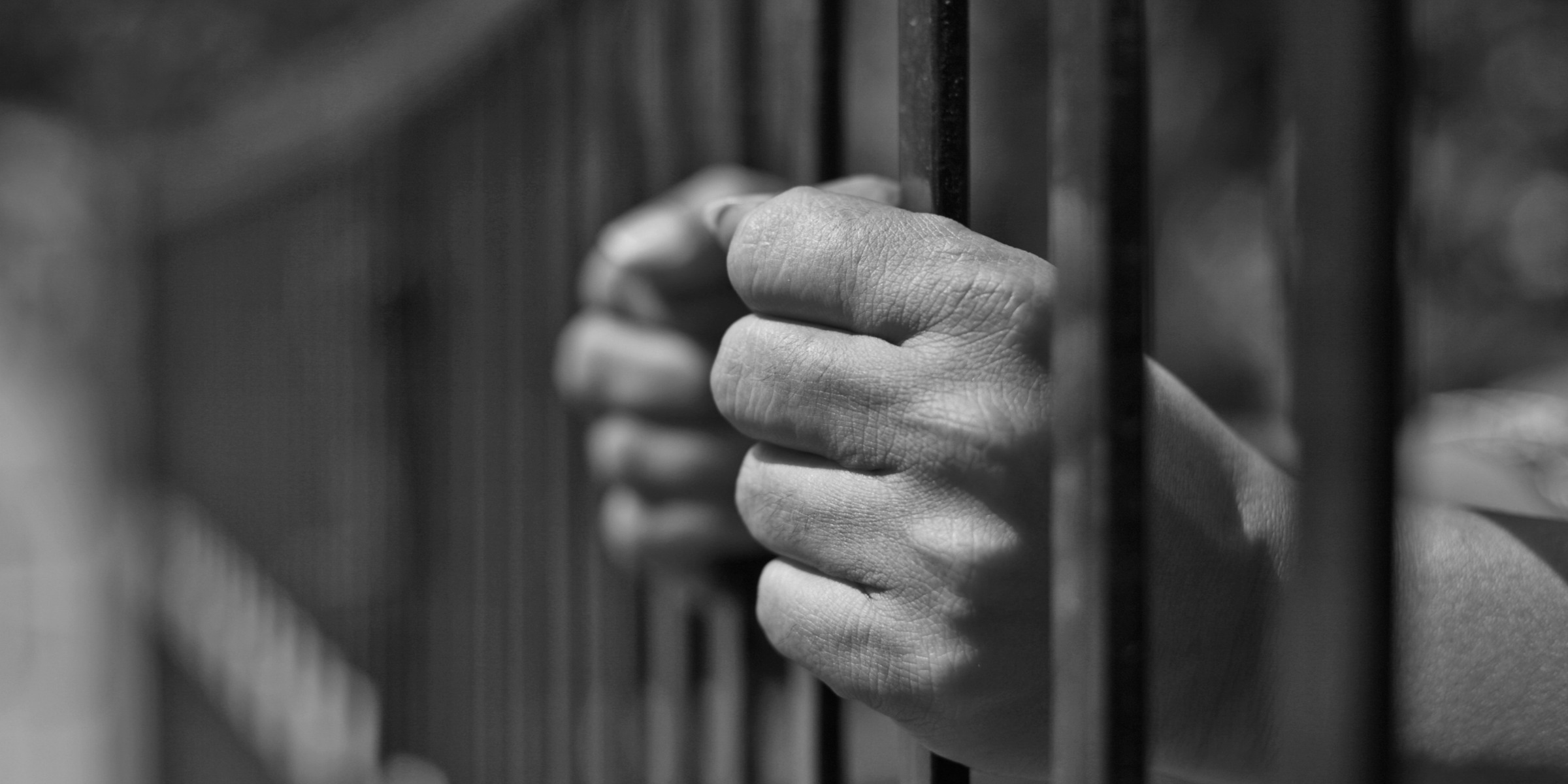Being arrested can be a stressful and intimidating experience for anyone, regardless of what you’ve been charged with or accused of. In order to help ensure that the arrest goes as smoothly as possible – both for yourself and law enforcement officers – there are certain do’s and don’ts that all suspects should know in advance.
In this blog post, we will walk you through what to expect while being arrested, and provide tips on how to handle yourself before, during, and after the process is complete. Knowing your rights and remaining composed can make all the difference when facing the consequences in court.
Do: Be Polite and Cooperative During the Process
Being polite and cooperative during the process of being arrested can have several benefits.
First and foremost, it can help to de-escalate the situation and prevent the situation from becoming more confrontational or volatile.
This can be especially important if the person being arrested is feeling anxious or upset. Acting out or becoming combative can only make the situation worse.
Being polite and cooperative can also help to establish a better rapport with law enforcement officials. This can be beneficial in the long run, as a better relationship with the police may result in more lenient treatment or a more favorable outcome in court.
Finally, being polite and cooperative can also be a way to maintain one's dignity and integrity during a difficult and potentially embarrassing situation.
Ultimately, the decision to be polite and cooperative during the process of being arrested is a personal one, but it is one that can have significant consequences.
Don't: Initiate Physical Contact with the Police
Initiating contact with the police while being arrested can be perceived as aggressive and may escalate the situation. It is important to remain calm and comply with the officers' instructions. Even if you do not mean any harm, your actions could be perceived differently by the officers, leading to a potentially dangerous situation.
Initiating contact with the police may be seen as interfering with their duties.
It is important to allow the officers to do their job and handle the arrest in a professional manner. By interfering or attempting to communicate with the officers, you may disrupt their process and potentially compromise the arrest. Trust in the professionalism of the officers and allow them to handle the arrest in a controlled manner.
Do: Ask for the Police Officer's Name and Badge Number
Asking for the police officer's name and badge number when being arrested is important for a number of reasons. It allows you to properly identify the officer who is arresting you. This is important in the event that you need to file a complaint or make an official statement about the arrest later on. Having the officer's name and badge number allows you to accurately identify them and ensures that any complaint or statement you make is properly documented and taken seriously.
Don't: Resist Arrest
Resisting arrest can have serious consequences and is not in your best interest. When you resist arrest, you are putting yourself and the arresting officer at risk of physical harm. This can lead to additional charges being filed against you, such as assault or battery, which can result in harsher sentences.
Furthermore, resisting arrest can make it more difficult for the legal system to fairly and impartially assess your case.
If you are seen as being uncooperative or confrontational, it may be harder for a judge or jury to see you as a credible witness or defendant.
While you may feel frustrated or upset about the situation, it is important to remember that the legal system is designed to protect the rights of all individuals and to ensure justice is served. By resisting arrest, you are only making the situation more difficult and potentially causing more harm for yourself.
Do: Seek Medical Attention if You're Injured While Being Arrested
It is important to seek medical attention if you are injured while being arrested, even if the injuries seem minor. This is because some injuries may not present themselves immediately, and seeking medical attention early on can prevent further complications. Additionally, receiving medical attention can document the injuries sustained during the arrest, which can be helpful in any legal proceedings.
It is important to inform the doctors about what happened during the arrest. This information can help the doctors accurately diagnose and treat any injuries, as well as document the events leading up to the injuries. Failing to disclose this information could potentially lead to inadequate or inappropriate treatment. It is important to prioritize one's health and well-being, and taking these steps can help protect one's legal rights and interests.
Don't: Speak to the Police Until your Attorney Arrives
It is important to remember that you have the right to remain silent and the right to an attorney when being arrested. It is in your best interest to exercise these rights and not speak to the police until your attorney arrives.
One reason to remain silent is that anything you say to the police can be used against you in court. This includes any statements, explanations, or excuses that you make. Even if you believe that you are innocent, it is possible that your words could be misconstrued or used against you in a way that you did not intend.
Another reason to wait for your attorney is that you may not fully understand the legal implications of your words.
A skilled attorney can advise you on what to say and what not to say to protect your rights and interests. They can also negotiate with the police and prosecution on your behalf to ensure that you are treated fairly and justly.
Need to make bail in Raleigh, Smithfield, or Eastern North Carolina?
Contact Big Mike Bail Bonds today. Our agents are available 24/7 to help with all your bail bond needs. We provide fast, reliable service with a commitment to protecting your legal rights and interests.
Tags:
Getting Arrested
February 27, 2023
